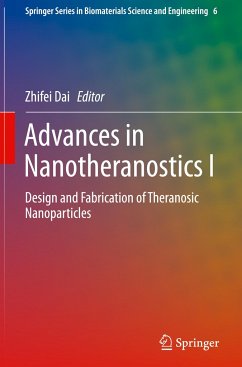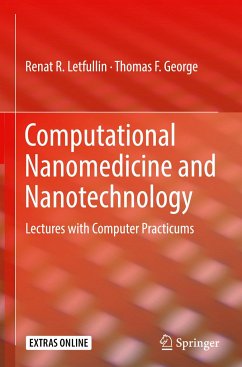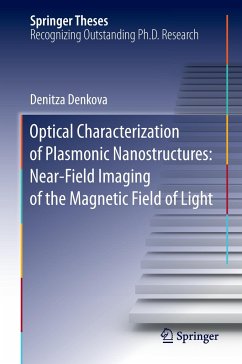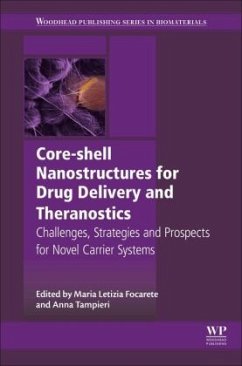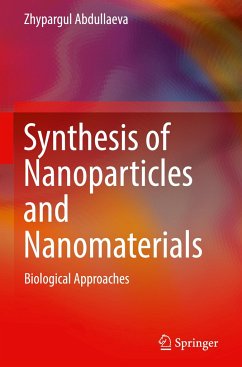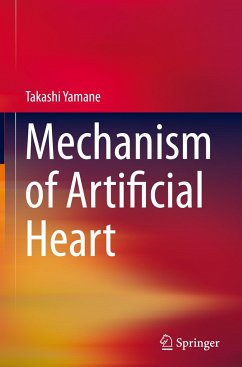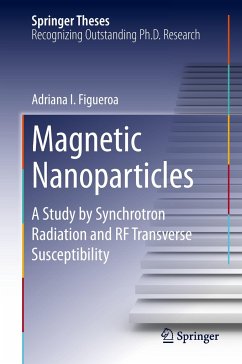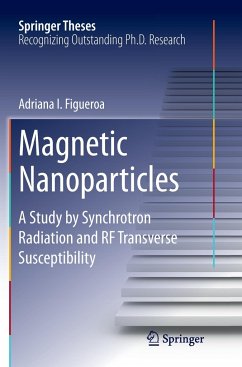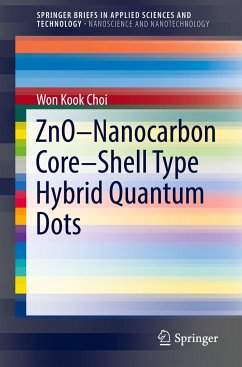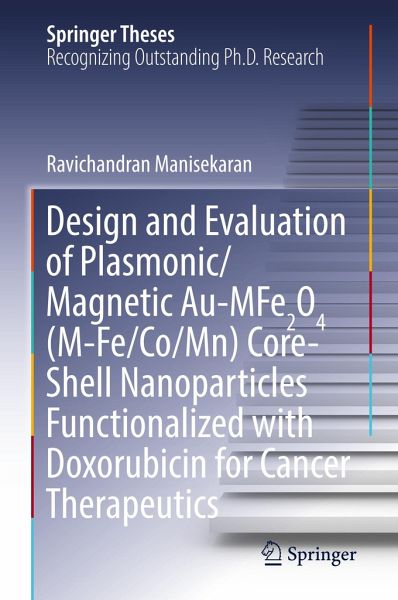
Design and Evaluation of Plasmonic/Magnetic Au-MFe2O4 (M-Fe/Co/Mn) Core-Shell Nanoparticles Functionalized with Doxorubicin for Cancer Therapeutics
Versandkostenfrei!
Versandfertig in 6-10 Tagen
76,99 €
inkl. MwSt.
Weitere Ausgaben:

PAYBACK Punkte
38 °P sammeln!
This thesis documents the development of a multifunctional nanoparticle system to enhance the chemotherapeutic efficiency of anti-cancer drugs, and contributes to research that helps decrease the side-effects in cancer patients while simultaneously increasing their survival rates. The work begins with an introduction to nanomedicine and cancer therapy, and contains a literature review on magnetic, gold, and core-shell nanoparticles. It also covers synthesis techniques, properties, various surface modifications, and the importance of magnetic and gold nanoparticles. The author dedicates a chapt...
This thesis documents the development of a multifunctional nanoparticle system to enhance the chemotherapeutic efficiency of anti-cancer drugs, and contributes to research that helps decrease the side-effects in cancer patients while simultaneously increasing their survival rates. The work begins with an introduction to nanomedicine and cancer therapy, and contains a literature review on magnetic, gold, and core-shell nanoparticles. It also covers synthesis techniques, properties, various surface modifications, and the importance of magnetic and gold nanoparticles. The author dedicates a chapter to characterization techniques, experimental setup, and cell cultivation techniques for in-vitro studies. Further chapters describe the background, characterizations, and applications of multifunctional magnetite coated gold core-shell nanoparticles, and the doping of cobalt to magnetite and manganese to magnetite nanoparticles. The important highlight of this research was the control of the size, shape, composition, and surface chemistry of nanoparticles.





